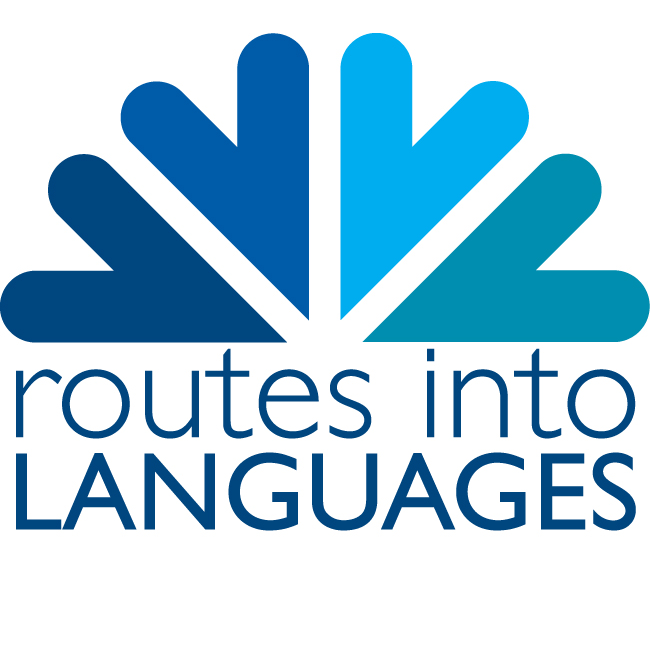 Conducted by the University of Westminster
Conducted by the University of WestminsterHumanitites and Languages
University of Westminister
London
The project will provide the opportunity to:
- develop key language initiatives to facilitate HE sector’s contribution towards making Britain, in the UK Government’s words, “a generous host” and “a cultural inspiration” for the 2012 Olympics, and for other international events in London and across the UK;
- widen participation and interest in languages for both personal development and participation at a moment of increasing internationalisation, when learning languages and understanding cultures is strategically important to the UK and its citizens politically, socially and economically;
- contribute to a wider national multilingual policy for public and private sectors with long-term national benefits. (work currently being done, but in piecemeal fashion; HE sector well-placed to work with other professional bodies and organisations (such as Regional Language Networks) on this;
- contribute to the body of experience and history that constitute the heritage of the Modern Olympics, and the place of languages in it;
- deliver knowledge transfer more generally between HE language departments and civic and business communities, producing mutual benefits and raising HE languages’ profile amongst the broader public.
Aims, outputs and outcomes:
Desk research (printed and online resources) and interviews / questionnaires (on-line/telephone/video conferencing)
For HE Departments and Language Planning for previous Olympics
- a qualitative study and analysis of the experience of HE departments in countries which have hosted major events such as the Olympics with emphasis on contribution to planning, on developing broader civic goals associated with such events, and on embedding language and cultural awareness legacies as outlined in the Project Description (Call for Bids) through literature review and interviewing, with the objective of making a series of recommendations for the role of HE Language Department in the planning, delivery and legacy of the 2012 Games;
- advance copy of Games Talk. Language Planning for Sydney 2000 – a legacy to the Olympic movement, already obtained and analysed; the proposal for Case Study 3 below is based on knowledge obtained from this preliminary research;
- continuation of research into the literature available on previous games (Official Reports from Seoul (1988); Barcelona (1992); Atlanta (1996), Sydney 2000 building on Lo Bianco’s work; Athens 2004), and into information available on language planning for Beijing (see below for current involvement in language training for the Games there which will help access to this)
- follow-up interviews/questionnaires with key language planners for previous Games (on-line/telephone/video conferencing) and for Beijing 2008 (in London and Beijing).
Final report: Languages and International Events
The views expressed in the report are those of the author and do not necessarily reflect those of Routes into Languages or its members.
To order a print hard copy of the abridged report please email routes@soton.ac.uk

